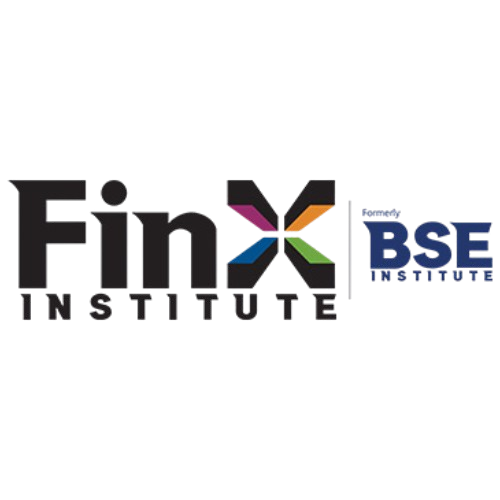Introduction
The demand for qualified experts in global financial markets is skyrocketing in today’s fast-paced and changing financial landscape. Recent advances are altering global financial services, driving students and parents to investigate academic programs offering a competitive advantage. While a financial markets course provides an excellent foundation, a Master in Management Studies (Global Financial Market) program goes above and beyond, equipping students with the expertise and practical skills they require to thrive in their professional roles. As we approach 2025, it is critical to comprehend how this advanced degree will impact prospects.
Growth in the Financial Services Industry
The financial services industry evolved significantly during the last decade. Innovations in technology like blockchain and AI, globalization, and regulatory enhancement have altered market operations. In India, the rise of retail investors, the launch of digital trading platforms, and government measures to promote financial literacy have generated new possibilities for finance professionals. The recent forecast indicates that the Indian financial industry is expected to rise significantly, offering high job opportunities to candidates with specialized skills.
Why a Master’s Degree Matters in Financial Markets Growth
While undergraduate programs offer invaluable knowledge, they often fall short of providing the scope and practical exposure essential to thrive in competitive financial professions. Here’s why acquiring a Master in Management Studies (Global Financial Market) is a game changer.:
- Advance Expertise: Delve deeper into investment banking, financial analytics, and global economic policies.
- Practical Exposure: Develop invaluable hands-on experience through immersive internships and engaging live projects with leading financial institutions.
- Global Perspective: Cultivate a deep understanding of international markets, a crucial skill for advancing in multinational corporations.
- Networking Opportunities: Build meaningful connections with industry professionals, alumni, and peers, paving the way for future career advancement.
This advanced degree bridges the gap between academic knowledge and practical application, preparing students to cater to the industry’s evolving requirements.
Key Skills You Develop During a Master’s Program
Enrolling in a financial markets course at the master’s level provides students with a robust and comprehensive skill set essential for navigating today’s dynamic financial landscape. This educational journey focuses on:
1. Analytical Skills: Developing the ability to dissect and analyze complex data sets, allowing for informed and strategic financial decision-making.
2. Technical Expertise: Achieving mastery of the latest financial tools, software, and platforms utilized in global markets, ensuring students are well-prepared for the technological demands of the industry.
3. Risk Management: Gaining insights into how to identify, assess, and mitigate financial risks, equipping students to safeguard investments and enhance portfolio performance.
4. Communication Skills: Cultivating the ability to present intricate information effectively to diverse stakeholders and a critical competency in any financial career.
5. Leadership and Teamwork: Preparing for future managerial roles through collaborative projects, emphasizing the importance of effective teamwork and leadership in achieving organizational objectives.
How to Choose the Right Master’s Program for Your Career Goals
Choosing a suitable master’s degree is vital to accomplish your long-term professional goals in the financial industry. Here are key factors to consider:
• Curriculum Relevance: Ensure the program covers essential topics such as global financial trends and practical trading skills. A well-rounded curriculum provides the knowledge and insights needed to excel in a dynamic market.
• Faculty Expertise: Institutions with experienced faculty, capable of bringing real-world experience to the classroom and have strong industry connections. This can significantly enhance your learning experience and networking opportunities.
• Placement Opportunities: Consider programs with robust placement records in top financial firms. A strong placement cell indicates that the institution actively supports students in securing internships and job placements, which is vital for a career launch.
• Location: Pursuing a stock market course in Mumbai offers proximity to India’s financial hub, enhancing practical exposure, and allowing for networking opportunities and real-world experience that can be invaluable.
• Accreditations and Certifications: A program offering recognized certificate courses in the share market adds value to a resume. Accreditation not only boosts the credibility of education but also enhances your appeal to potential employers.
Certificate
Many master’s programs offer additional certifications that enhance employability. Certifications like those from SEBI or NISM, or specialized best stock market courses in India, validate your expertise and can give you an edge in job applications.
